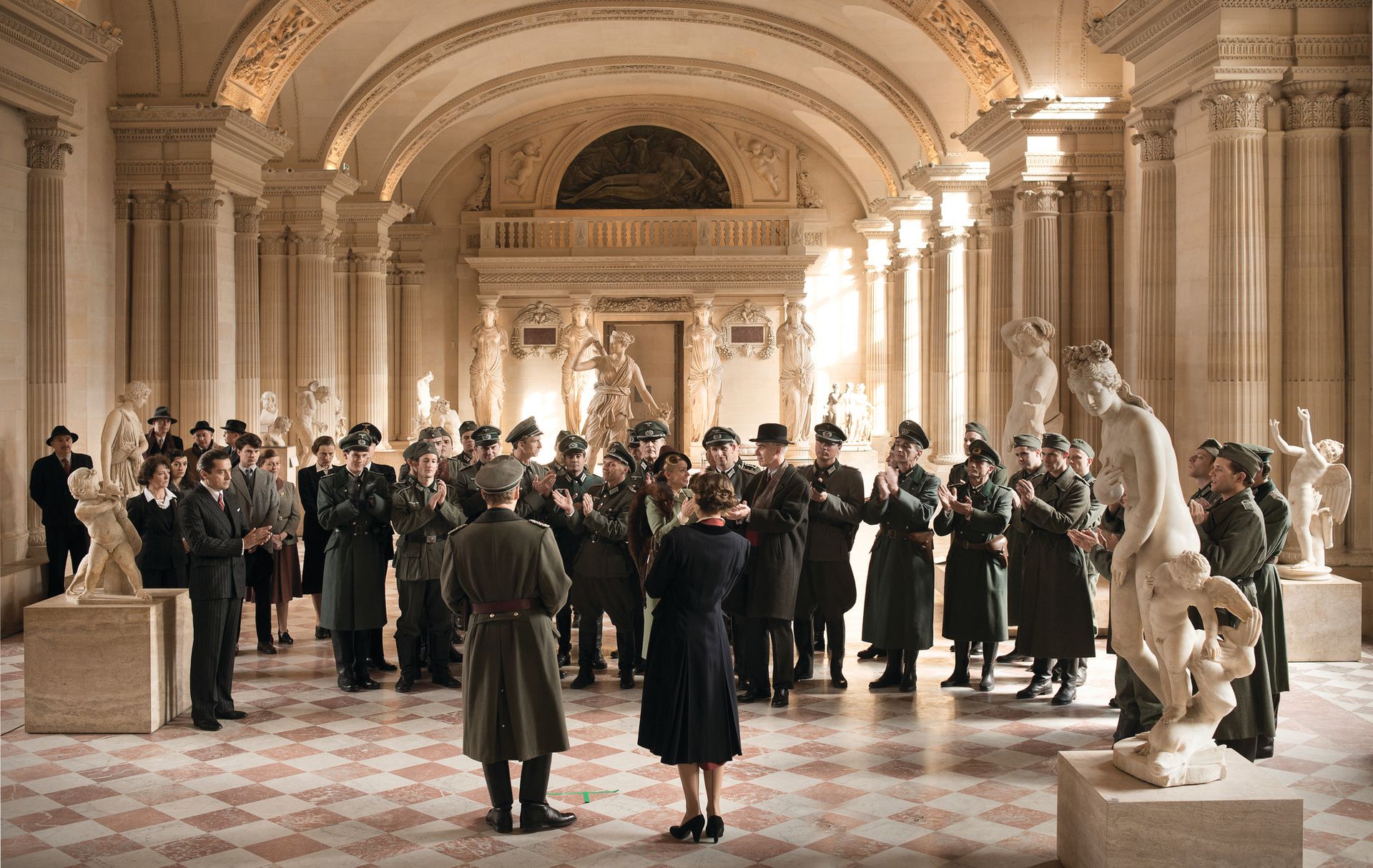Orhan Pamuk’s novel and museum brought to the screen
The Museum of Innocence, the award-winning Istanbul-based institution founded by the Nobel Prize-winning Turkish novelist Orhan Pamuk in 2012, is the focus of a feature documentary that premiered at the Venice Film Festival in September. Pamuk was involved in the making of the 95-minute film, Innocence of Memories: Orhan Pamuk’s Museum and Istanbul, which was directed by Grant Gee.
The documentary brings to life Pamuk’s museum in the Beyoglu district of the city, which is the real-life incarnation of the museum detailed in his 2008 book The Museum of Innocence. The venue, which was named the 2014 European Museum of the Year, houses ready-made pieces and commissioned works of art that reflect each chapter, covering a 30-year period in the history of modern Istanbul from 1975, when the novel begins.
Pamuk has written the narration for the film, which is relayed by a childhood friend of Füsun, the novel’s lead female character. “It draws upon several strands: the Museum of Innocence novel; Pamuk’s memoir Istanbul: Memories of a City; and his 2006 detective novel, The Black Book. It’s a trek through the city and the museum,” Gee says.
The film also touches upon recent political developments in Turkey, referring to events in Istanbul’s Gezi Park during anti-government protests in 2013. “A little green park became connected to a more secular anger with [President] Erdogan,” Pamuk told the entertainment journal Variety. “Once these monuments and trees begin to be destroyed we feel not a political but a personal energy and anger to preserve them, like an animal,” Pamuk said.
The film is due to be released in the UK and US next year.

From Russian Ark to the Louvre at war
The history of the Louvre and the role played by its wartime director, Jacques Jaujard, and a senior Nazi officer in the preservation of the museum’s collection is the subject of a new film, Francofonia, by the Russian director Alexander Sokurov. Perhaps best known for his 2002 film Russian Ark, which related 300 years of Russian history in an astonishing 90-minute take in the Hermitage museum in St Petersburg, Sokurov intends Russian Ark and Francofonia to be two parts of a quartet, which he hopes to complete by setting films in Madrid’s Prado and London’s British Museum. Francofonia, which was shown at the Venice Film Festival in September, will be screened at the London Film Festival on 14 October. It goes on general release in France and Italy in November.
Return of the Black Panther
Interest in the era of the Black Panther Party, from the late 1960s to the early 1970s, is enjoying a revival with the release across the US of Stanley Nelson’s documentary, The Black Panthers: Vanguard of the Revolution. Emory Douglas, a cartoonist who served as the party’s minister of culture, is also gaining a new audience. Douglas blended Pop art, muralist influences and African-American figures in his work, which was published every week in The Black Panther, the party newspaper. His work will be included in the exhibition Hippie Modernism: the Struggle for Utopia, at the Walker Art Center in Minneapolis (24 October-28 February 2016).
Long live Charlie Hebdo
In Je Suis Charlie, a documentary produced by father-son team Daniel and Emmanuel Leconte, we see the aftermath of the attack on the French satirical magazine that killed 11 in January and the preparations for the first issue after those murders. It includes interviews with those who died, conducted for Daniel Leconte’s 2008 documentary, It’s Hard Being Loved by Jerks, about a lawsuit against Charlie Hebdo by Islamic organisations which objected to the depiction of Mohammed. Je Suis Charlie was screened at the Toronto International Film Festival in September.

